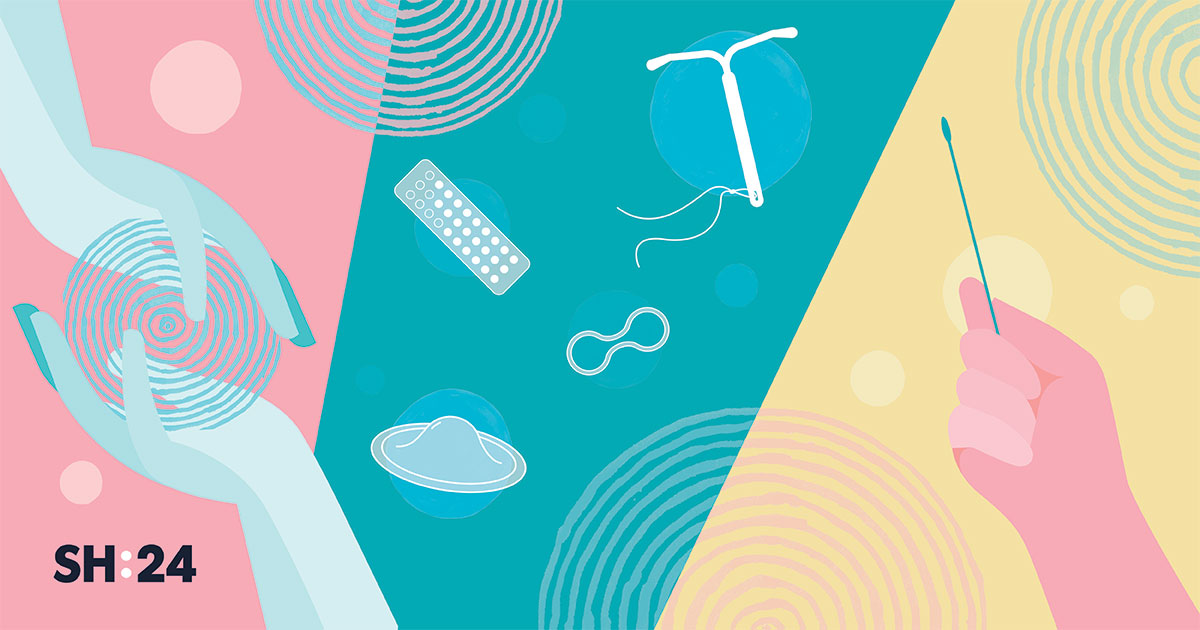You’ve heard about safer sex, and you know all about using condoms – but what else can you do to have a safe and healthy sex life?
When you’re juggling studies, work and your social life, it’s important to take care of all aspects of your wellbeing. And this includes your sexual health. We know that talking about safe sex can feel a bit awkward or uncomfortable, but trust us, it’s a crucial conversation to have. Here’s how to navigate the world of safe sex in 3 easy steps. So, grab a cup of coffee (or tea), get comfy, and let’s dive into a topic that’s all about your
health, your choices, and your peace of mind.
1 – Talk about it
We’ll start with a crucial ingredient in any healthy, happy sexual experience: consent. Think of it as the enthusiastic green light that ensures everyone’s on the same page and feeling comfortable. First things first, open communication is key. Chat with your partner before things heat up. Ask what they’re into, what they’re not and share your thoughts too. And here’s another tip: consent is ongoing. Keep checking in during the moment, to make sure everything’s still cool. Remember, consent isn’t a one-time thing – it’s an ongoing, enthusiastic agreement that makes the whole experience awesome for everyone involved.
2 – Contraception conversation
Using birth control is like having a superpower that lets us decide when (or if) we want to be parents. So if you – or your partner – could get pregnant, it’s time to find contraception that works for you. Condoms and the combined pill aren’t the only options, there’s actually 14 different types of contraception available in the UK. And they’re all free on the NHS. Getting on board with contraception can have hidden benefits too, if you can use hormonal contraception then it can help improve your skin or control when you have a period. See, we told you it was a superpower!
And what should you do if your usual contraception gets forgotten or fails (even the trusty condoms tear sometimes)? Well, emergency contraception is the answer. You can get this from your GP, sexual health clinics, online from services like SH:24 or through a high street pharmacy. Take it within 5 days to prevent pregnancy.
3 – Get an STI check up
When it comes to keeping yourself safe from sexually transmitted infections (STIs) like chlamydia and gonorrhea, a little knowledge goes a long way. First off, condoms are the MVP for STI prevention – offering a barrier that keeps you and your partner protected. And for a real power move, get tested regularly. You can visit your friendly local sexual health clinic, or if you don’t want to deal with the waiting room nerves, order a free test kit online. This will get delivered (discreetly) to your home and you’ll get your test results in a text message. It’s never been easier to know your sexual health status.
And when should you do a test? Well, as a general rule, we say you should get tested:
● Every 3 months if you’re having sex with different people
● Or at the start of a new sexual relationship, if you’re monogamous
● If you’re in a long-term, exclusive relationship, test once a year
If you notice something that could be a symptom of an STI, get in touch with your
local sexual health clinic or your GP and they’ll be able to help. Things to look out for
include:
● bumps or sores around your genitals
● itchiness, redness or a rash
● pain when you pee or during sex
● unusual discharge from your genitals
Start your journey to safer, happier sex at sh24.org.uk – you’ll find expert advice, at-home STI testing and contraception, all free of charge. For areas where SH:24 is not commissioned, you can use Fettle, a not-for-profit online service also run by SH:24 where you can buy STI tests, treatment and contraception.




